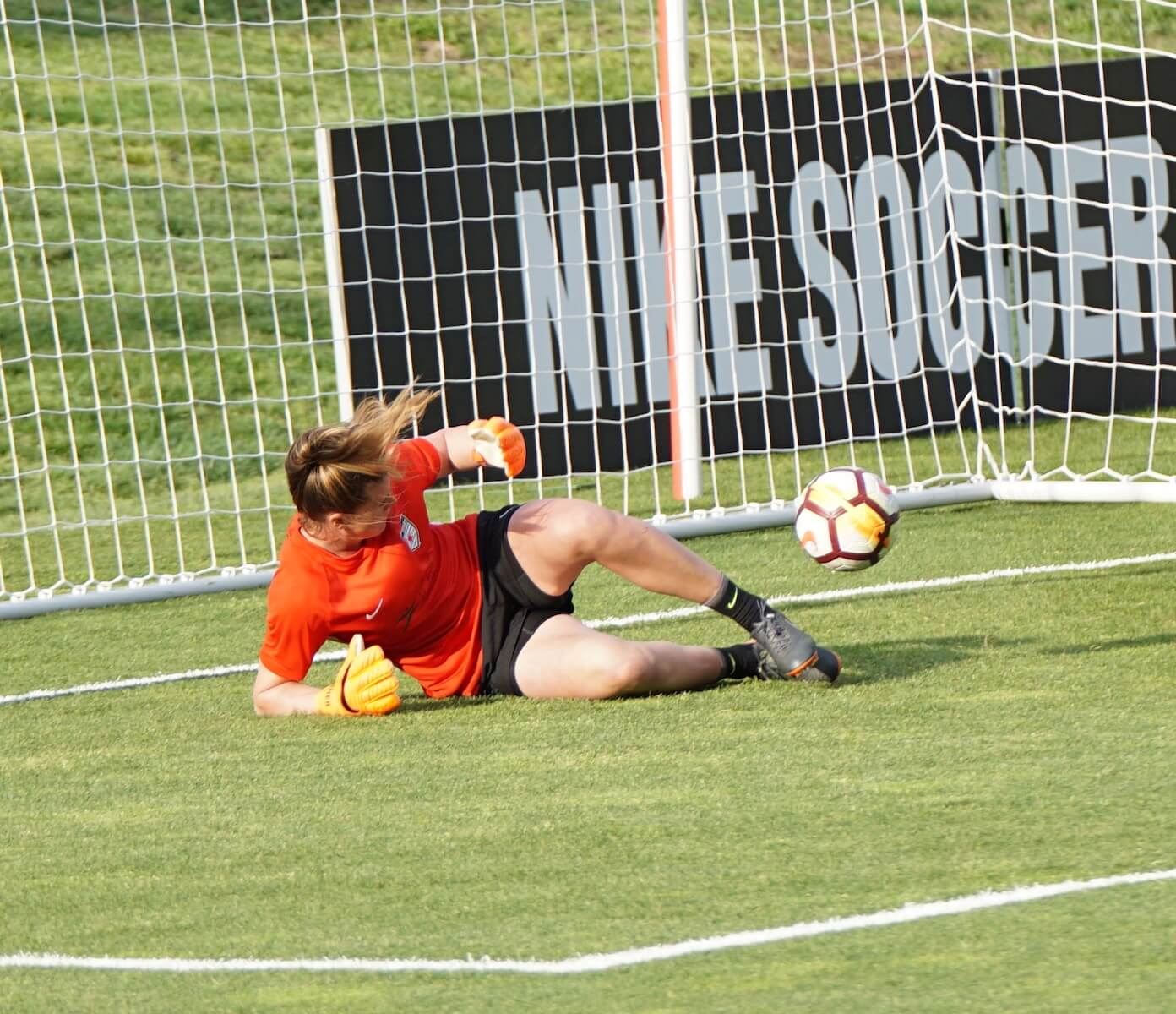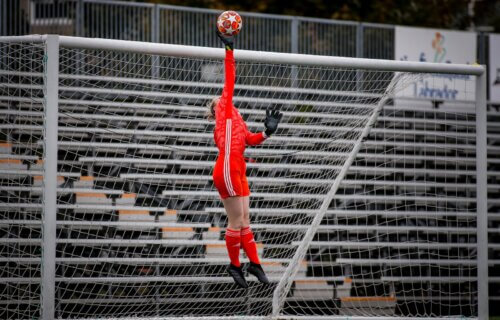DUBLIN, Ireland — Teammates and even team managers often claim that soccer goalkeepers are “unique” individuals. Now, a new scientific study in Ireland is actually providing concrete evidence to back up this belief. Researchers find that goalies process the world and multi-sensory information much differently from other players.
The study’s primary author, Michael Quinn from Dublin City University, a former professional goalkeeper himself, is also the son of Niall Quinn, a former international player and manager.
“Unlike other football players, goalkeepers are required to make thousands of very fast decisions based on limited or incomplete sensory information. This led us to predict that goalkeepers would possess an enhanced capacity to combine information from the different senses, and this hypothesis was confirmed by our results,” says Quinn in a media release.
Based on his own experiences, Michael Quinn believed goalkeepers had a unique perspective on the world. During his senior year in a psychology program, he aimed to test this theory.
The research involved 60 participants, including professional goalkeepers, outfield players, and control subjects who don’t play soccer. They sought differences in the participants’ temporal binding windows – the timeframe within which signals from various senses are likely integrated.

“While many football players and fans worldwide will be familiar with the idea that goalkeepers are just ‘different’ from the rest of us, this study may actually be the first time that we have proven scientific evidence to back up this claim,” says the study’s lead investigator, Dr. David McGovern.
The methodology included presenting participants with one or two images on a screen accompanied by one, two, or no auditory beeps, with varying intervals between stimuli. Typically, a single image and two beeps led to the misperception of two images, signifying the integration of auditory and visual cues.
The results highlight significant differences in the multisensory processing ability of goalkeepers. Specifically, goalkeepers had a more refined temporal binding window, indicating a swifter and more accurate estimation of audio-visual cues’ timing. Interestingly, goalkeepers displayed less interaction between visual and auditory data.
The research suggests that goalkeepers tend to process sensory signals individually rather than in combination. This unique perception might stem from the need to make fast decisions based on visual and auditory cues received at alternate times. For instance, goalkeepers rely on both the ball’s visual trajectory and the sound it makes upon being kicked. Depending on the player’s location, these sensory cues can be mismatched.
Scientists are curious if players in other specialized roles, like strikers or center-backs, might also exhibit distinct perceptions. The team is eager to uncover whether the unique temporal binding window in goalkeepers is a result of their intensive training from a young age or if it’s a natural ability that attracts individuals to the role.
“Further research that tracks the developmental trajectory of aspiring goalkeepers will be required to tease between these possibilities,” concludes Dr. McGovern.
The study is published in the journal Current Biology.
You might also be interested in:
- Best Male Soccer Players Of All-Time: Top 5 Iconic Athletes, According To Experts
- Human perception of space expands just like the real universe!
- Cracking under pressure: Psychological stress really does make pro athletes fail
South West News Service writer Stephen Beech contributed to this report.

